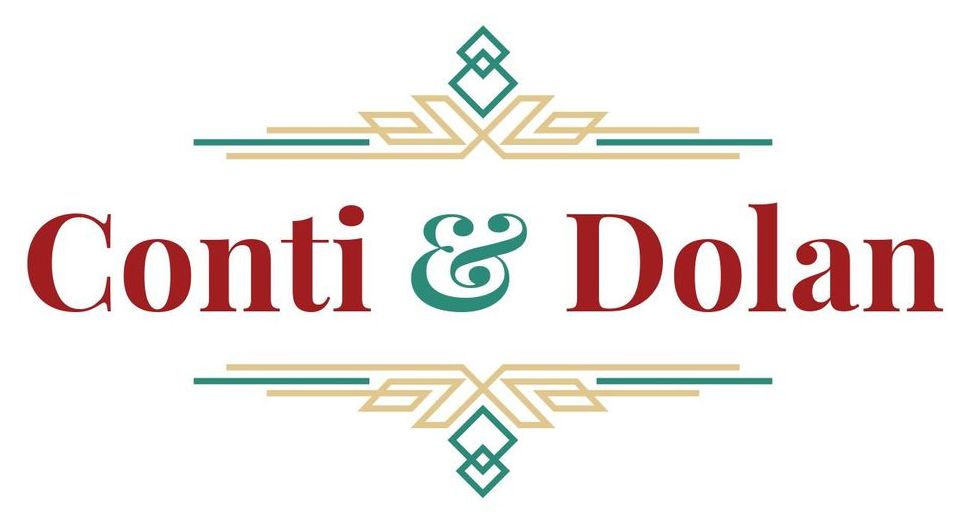Non-Compete Agreements and Restrictive Covenants
Large firm experience and results. Small firm attention.
No one wants to think about the end of a relationship when it is just beginning. Focusing on what happens if things go wrong seems antithetical to the optimism and hopefulness that accompanies the start of a new position at a new company. But many once-promising employment arrangements do come to an end – on amicable terms or otherwise.
And if you didn’t give sufficient thought to what happens next and signed a non-competition or non-solicitation agreement or a contract containing other restrictive covenants, your ability to move forward with your career can be severely compromised.
Keeping Your Eyes – and Options – Open
At Conti & Dolan, a premier Chicago employment law and executive compensation law firm, we work with clients to ensure that they understand agreements and terms of employment that may restrict their rights and ability to earn a living after the termination of their new or existing business relationship.
Using our attorneys’ many years of combined and diverse experience, we thoroughly evaluate proposed non-competes and restrictive covenants, review and discuss them with our clients, and offer alternatives to provisions we consider to be oppressive or inequitable. For clients who have already signed such agreements, we analyze the document’s validity and enforceability, counsel clients on the prudence or consequences of contemplated courses of action, and defend them vigorously if an employer attempts to interfere with their rights after termination.
What Are Restrictive Covenants?
In general, the four types of restrictive covenants commonly seen in Illinois employment contracts are:
- Non-compete agreements/provisions
- Non-solicitation of customers
- Anti-raiding of employees
- Restrictions on the use of confidential information
All of these provisions are designed to protect the interests of the employer, not the employee. If an employee has a restriction in his or her employment agreement, the employer may be able to bring an action against the employee for breach of contract if he or she does not adhere to the restriction.
Likewise, even if the employee never signed an employment agreement, the employer may have a remedy against the employee under a state statute (such as the Illinois Trade Secrets Act) or a common law claim for breach of fiduciary duty or misappropriation of trade secrets.
If an employee does abide by legitimate post-employment restrictions, he or she may find that many opportunities to move forward with their career are foreclosed by an agreement to which they gave scant consideration or that they felt compelled to sign in order to obtain or continue their employment.
That is why it is critical that executives, high-level employees, and all other others presented with such agreements consult with an experienced employment law attorney before signing away their rights to engage in legitimate and necessary post-employment conduct.
Are Non-Compete Agreements Enforceable in Illinois?
Non-competition agreements are focused on ensuring that a former employee doesn’t start working for an employer’s competitor or going into the same business on their own. By their very nature, non-competes are antithetical to general principles of free competition in the marketplace and the sacrosanct ability of every American to pursue opportunities in their chosen line of work.
That’s why Illinois law puts limitations on the scope of non-competition provisions in terms of duration, geographic reach, and allowable activities. Indeed, many employers overreach in their non-compete provisions, making them so broad in scope or oppressive in effect that they would likely be found unenforceable by a judge.
But too many Illinois executives and employees presume that all non-competition agreements are not worth the paper they’re printed on. When they proceed to disregard a non-compete’s restrictions based on this belief, they can be unpleasantly surprised when they find themselves on the receiving end of a temporary restraining order and a lawsuit by their employer seeking damages for alleged breach of contract.
Non-Solicitation Agreements
Non-solicitation provisions prohibit former employees from inducing customers to stop doing business with the employee’s old company and/or from going into business with the former employee. Such provisions typically prohibit contact with and solicitation of customers with whom the employee has dealt within the last six months (or a similar period of time) of the employee’s employment.
While non-solicitation agreements need to be “reasonable,” employers are generally given more leeway with such provisions compared to much broader and restrictive non-competition terms.
Anti-Raiding of Employees
These provisions prohibit former employees from inducing other employees to leave the former employer or to form a competing business. The duration of the restriction may vary, but as with all restrictive covenants, they must be “reasonable” to be enforceable.
Restrictions on Use of Confidential Information
For the employee, this is the least onerous of the four types of restrictive covenants. These restrictions prohibit a former employee from “using” or “misappropriating” confidential information that the employee learned or to which the employee had access while employed. What information is covered under the agreement and whether such information or knowledge is indeed ‘confidential,” rather than commonly available, can be significant sources of contention when such provisions are litigated.


